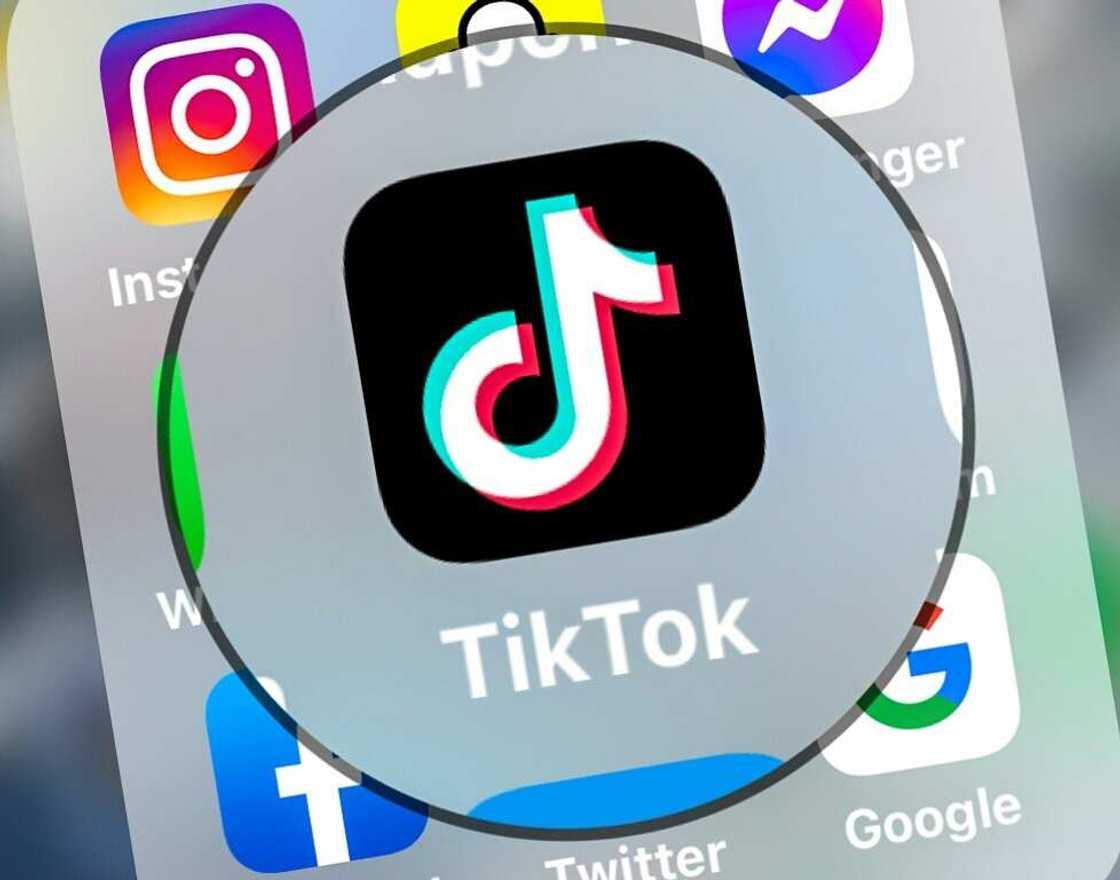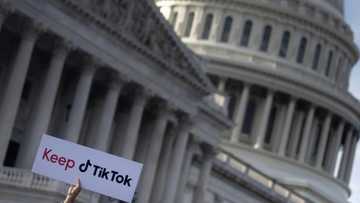US state to require parental consent for social media

Source: AFP
PAY ATTENTION: Сheck out news that is picked exactly for YOU ➡️ click on “Recommended for you” and enjoy!
Utah on Thursday became the first US state to require social media sites to get parental consent for accounts used by under-18s, placing the burden on platforms like Instagram and TikTok to verify the age of their users.
The law, which takes effect March 2024, was brought in response to fears over growing youth addiction to social media, and to security risks such as online bullying, exploitation, and collection of children's personal data.
But it has prompted warnings from tech firms and civil liberties groups that it could curtail access to online resources for marginalized teens, and have far-reaching implications for free speech.
"We're no longer willing to let social media companies continue to harm the mental health of our youth," tweeted Spencer Cox, governor of the western US state, who signed two related bills at a ceremony Thursday.
The bills also require social media firms to grant parents full access to their children's accounts, and to create a default "curfew" blocking overnight access to children's accounts.
They set out fines for social media companies if they target users under 18 with "addictive algorithms," and make it easier for parents to sue social media companies for financial, physical or emotional harm.
PAY ATTENTION: Join Legit.ng Telegram channel! Never miss important updates!
"We hope that this is just the first step in many bills that we'll see across the nation, and hopefully taken on by the federal government," said state representative Jordan Teuscher, who co-sponsored the bill.
Michael McKell, a Republican member of Utah's Senate who also sponsored the bill, said it was a "bipartisan" effort, and praised President Joe Biden's recent State of the Union address, in which he raised the issue.
Biden last month called on US lawmakers to restrict how social media companies advertise to children and collect their data, as he accused Big Tech of conducting a "for profit" experiment on the nation's youth.
California has already introduced online safety laws including strict default privacy settings for minors, but the Utah law goes further.
Lawmakers in states such as Ohio and Connecticut are working on similar bills.
Platforms including Instagram and TikTok have introduced more controls for parents, such as messaging limits and time caps.
At Thursday's ceremony in Utah, McKell pointed to data from the federal Centers for Disease Control and Prevention which he said highlighted the toll social media apps can have on young minds.
"The impact on our daughters -- and I have two daughters -- it was incredibly troubling," he said.
"Thirty percent of our daughters from ninth grade to 12th grade had seriously contemplated suicide. That's startling."
Source: AFP




